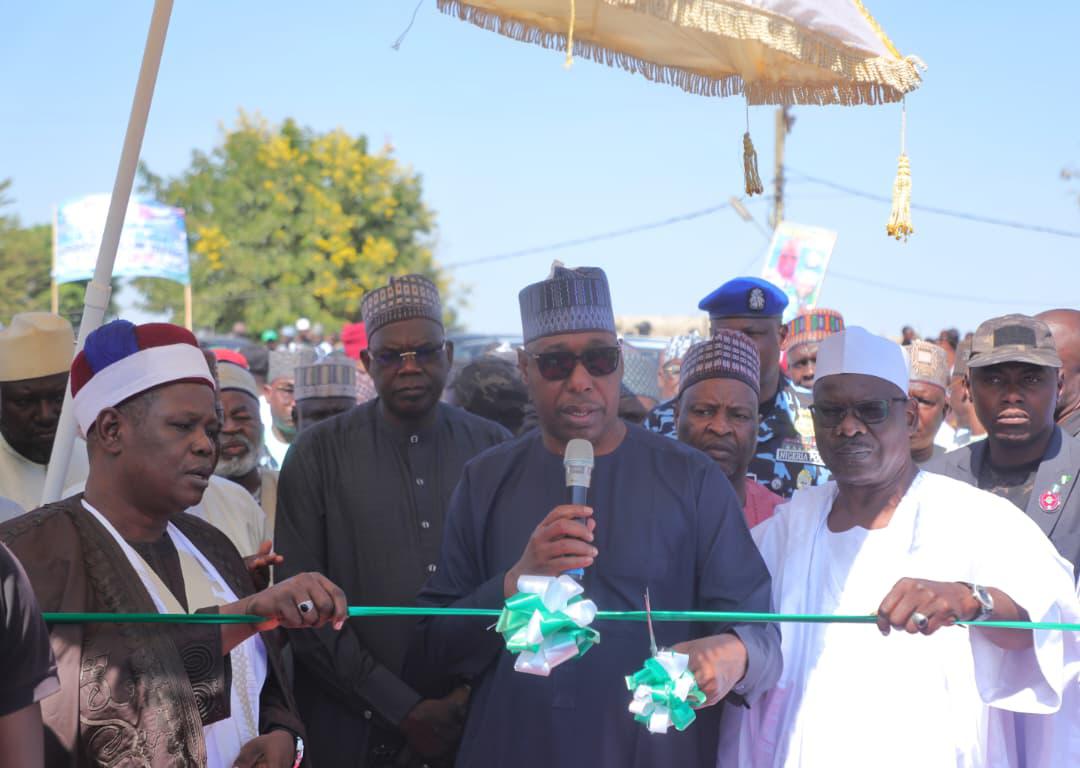The Federal Government has announced that its recent interventions in basic education have positively impacted 2.3 million learners nationwide within the last six months.
Minister of Education, Dr. Tunji Alausa, disclosed this in Abuja on Monday while delivering a keynote address at the launch of the Federal Ministry of Education’s Communication Strategy (2025–2027).
He said the government is set to reintroduce the National Home-Grown School Feeding Programme (NHGSFP), suspended in January 2024, using technology to ensure transparency.
“We have identified the states where we would start piloting the school feeding programme,” Alausa said. “Mothers will be paid directly to ensure that children are fed well, and we have put mechanisms in place to guarantee transparency and accountability.”
Highlighting progress made over the past six months, the Minister said 4,900 classrooms were constructed, 3,000 renovated, 34 model and SMART schools built, and 353,000 pieces of furniture supplied, benefiting 2.3 million learners across the country.
Alausa also revealed that 21 states have migrated their data into the Nigeria Education Data Initiative (NEDI), a centralized and secure data repository for all levels of education.
“We now have the capacity to monitor a child’s education journey from primary through secondary school, with plans to extend it to tertiary education soon,” he added.
He further noted that the Ministry had launched a TVET (Technical and Vocational Education and Training) digital platform that attracted 1.3 million applicants within weeks, with 960,000 completing applications. Over 1,600 accredited centres have been onboarded, and 58,000 students have already been matched to centres.
According to Alausa, the present administration is targeting between 125,000 and 150,000 trainees in the next phase, with the first cohort beginning in two weeks.
“Commencing with the 2025/26 academic year, we are providing free education in our technical schools,” the Minister said. “This covers tuition, boarding, feeding, and a monthly stipend of ₦22,500 to reduce financial barriers to vocational education.”
He explained that the newly launched Communication Strategy will standardize messaging across departments and agencies, foster transparency, and improve stakeholder engagement.






